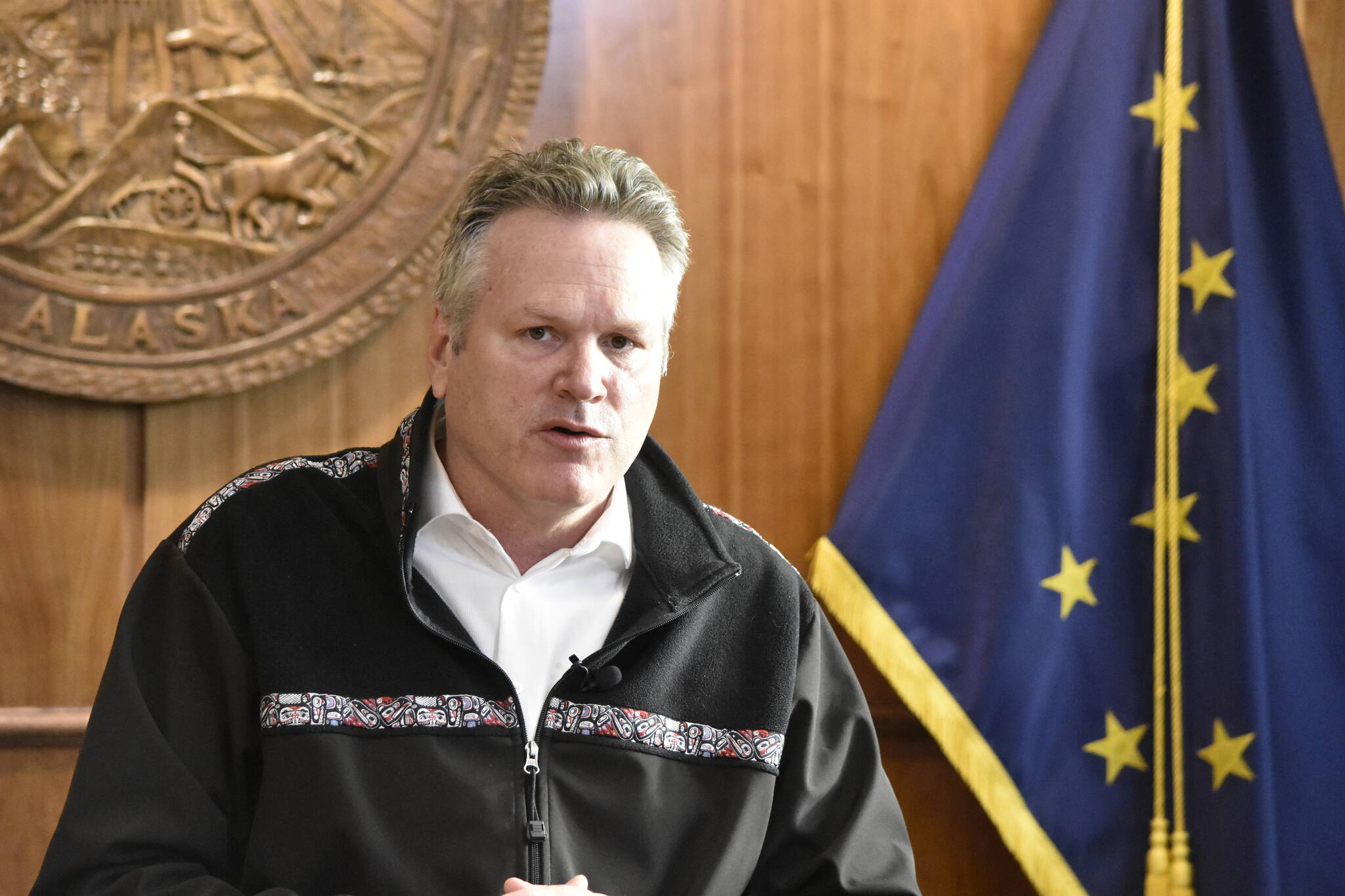By Larry Persily
There is an inescapable irony to the fact that Alaska joined with a dozen other states in suing the federal government over their right to cut taxes.
This from a state that has no property tax on homes or businesses, only on the oil industry.
No state sales tax.
No personal income tax since 1979.
The lowest motor fuel tax in the nation, by a long shot.
There were few federal strings attached to the $1.9 trillion American Rescue Plan Act, which handed states hundreds of billions of dollars earlier this year to help pay the bills of the pandemic, cover for lost revenues and rebuild their communities. But one string added in the Senate prohibited states from using their share of the federal pandemic relief aid to cut taxes.
Unusual for the Senate, the provision made sense: Here’s a gift of close to $200 billion from the U.S. Treasury to help states pay the bills, assist with housing, food, schools and public services, whatever you want, just don’t use it to cut taxes to gain favor with voters.
Justice Department lawyers argued before the court that the federal money should be used for its intended purpose — pandemic recovery. States can “cut all the taxes they want, as long as they do not use the federal aid” to cover it, Justice Department lawyers told the court.
But that string tied to the federal aid violated the states’ constitutional rights, said the lawsuit filed by 13 states, including Alaska.
A federal judge in Alabama in a final ruling on Nov. 15 said Congress went too far. He decided in favor of the states and instructed the U.S. Treasury not to enforce the provision.
Alaska Gov. Mike Dunleavy took the opportunity of the court victory to lay the blame at the president, a frequent tactic among Alaska’s elected officials. “Lately, we have been witnessing the Biden administration’s tireless attempts to seize power from states,” the governor said in a prepared statement a day after the court ruling. “Now, we have proven that the White House cannot continue to overreach and threaten individual liberties with unconstitutional mandates.”
What individual liberties were at stake in the congressional intent to pay for services, not tax cuts?
In a bout of honesty, the governor’s statement did acknowledge, “Currently, there are no pending proposals in Alaska to decrease taxes, so the law would not have had an immediate, direct impact on the state.”
Not only are “there no pending proposals” to cut taxes, there are no specific proposals from the governor to raise any new revenues to cover the state’s long-term budget deficit. Dunleavy’s only proposal is to drain more money out of the Alaska Permanent Fund in hopes that new revenues magically materialize to cover the bills in future years.
Instead of a political move to sue the federal government, how about a move that actually helps the state.
• Larry Persily is a longtime Alaska journalist, with breaks for federal, state and municipal service in oil and gas, taxes and fiscal policy work. He is currently owner and editor of the weekly Wrangell Sentinel newspaper.

